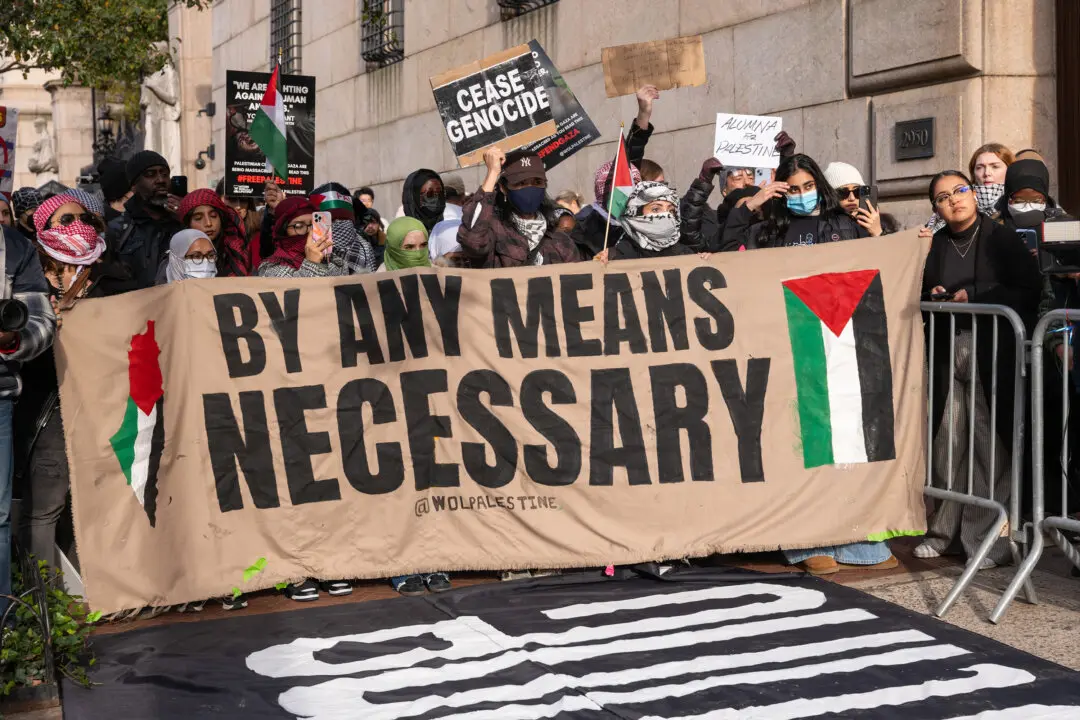Commentary
Ontario parents must have been bewildered if not horrified several years back to discover that math was racist. A new school curriculum put forth by the province included a preamble declaring “mathematics can be subjective” and “has been used to normalize racism.” It urged “a decolonial, anti-racist approach” to mathematics instruction.





